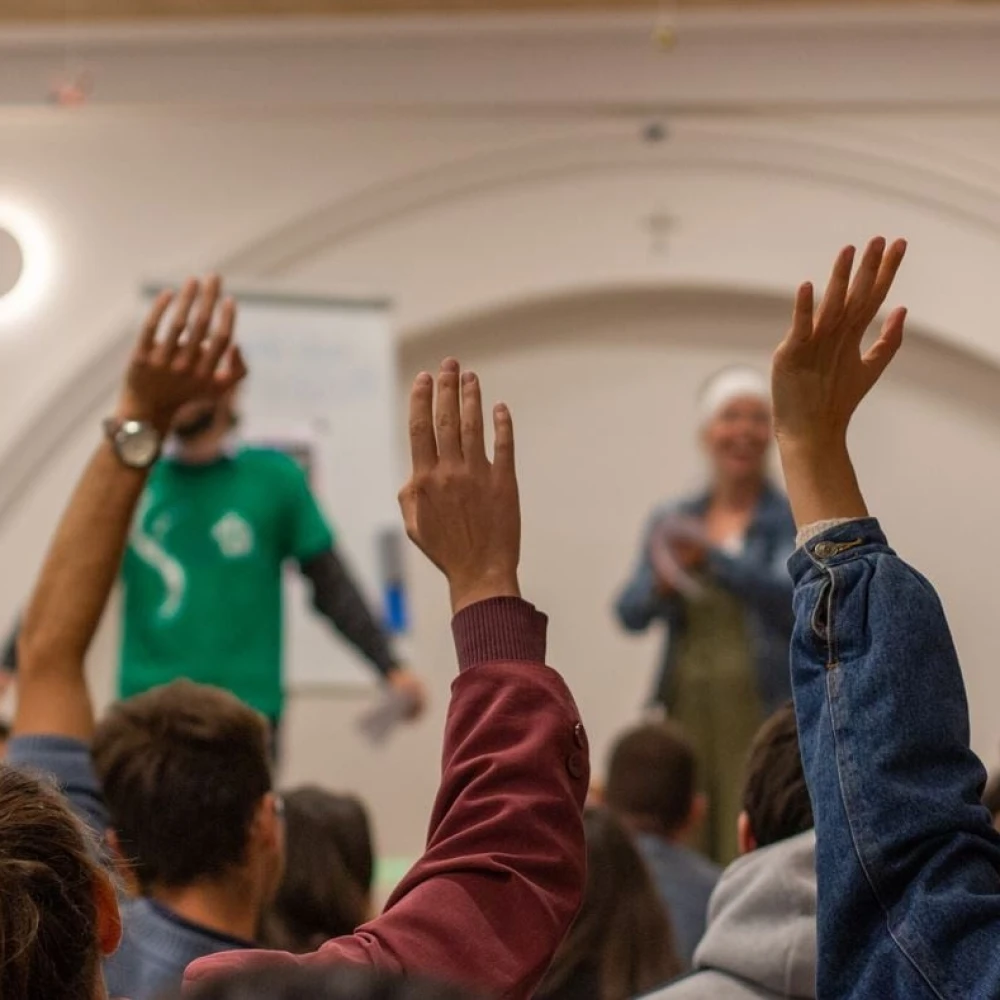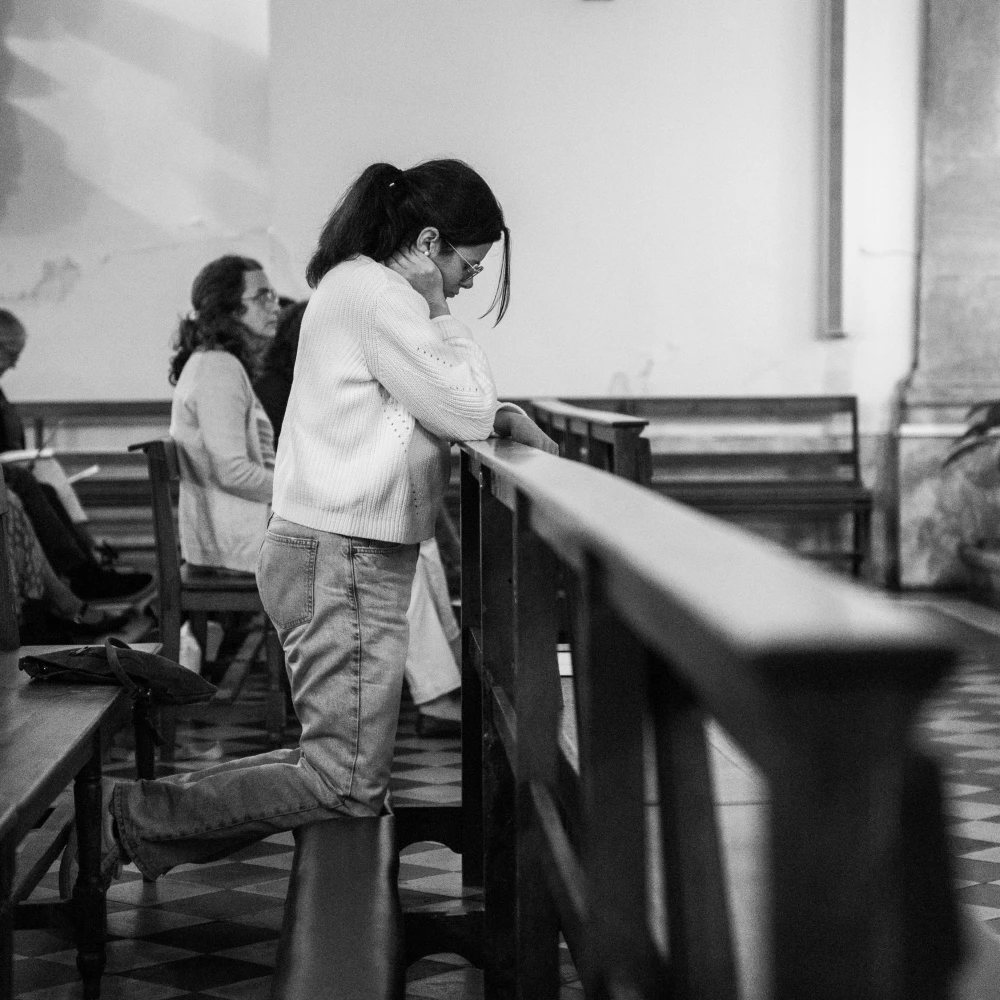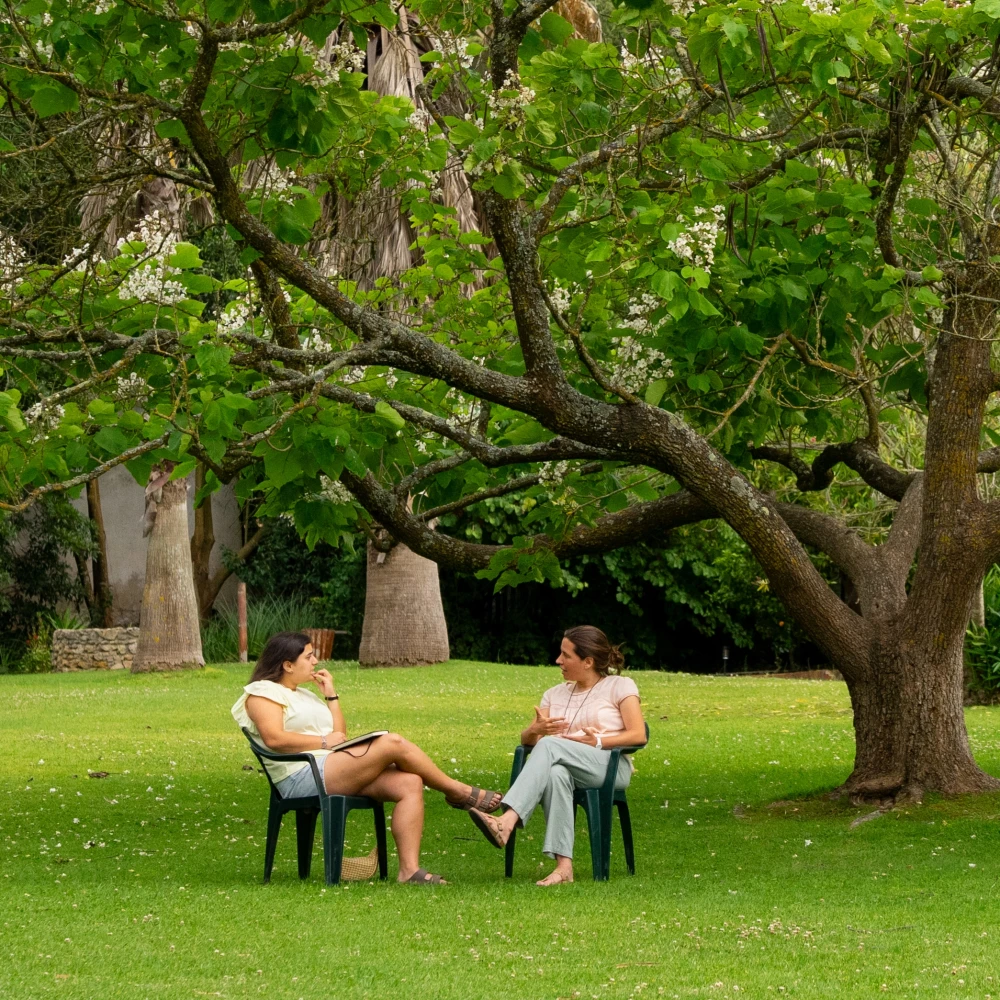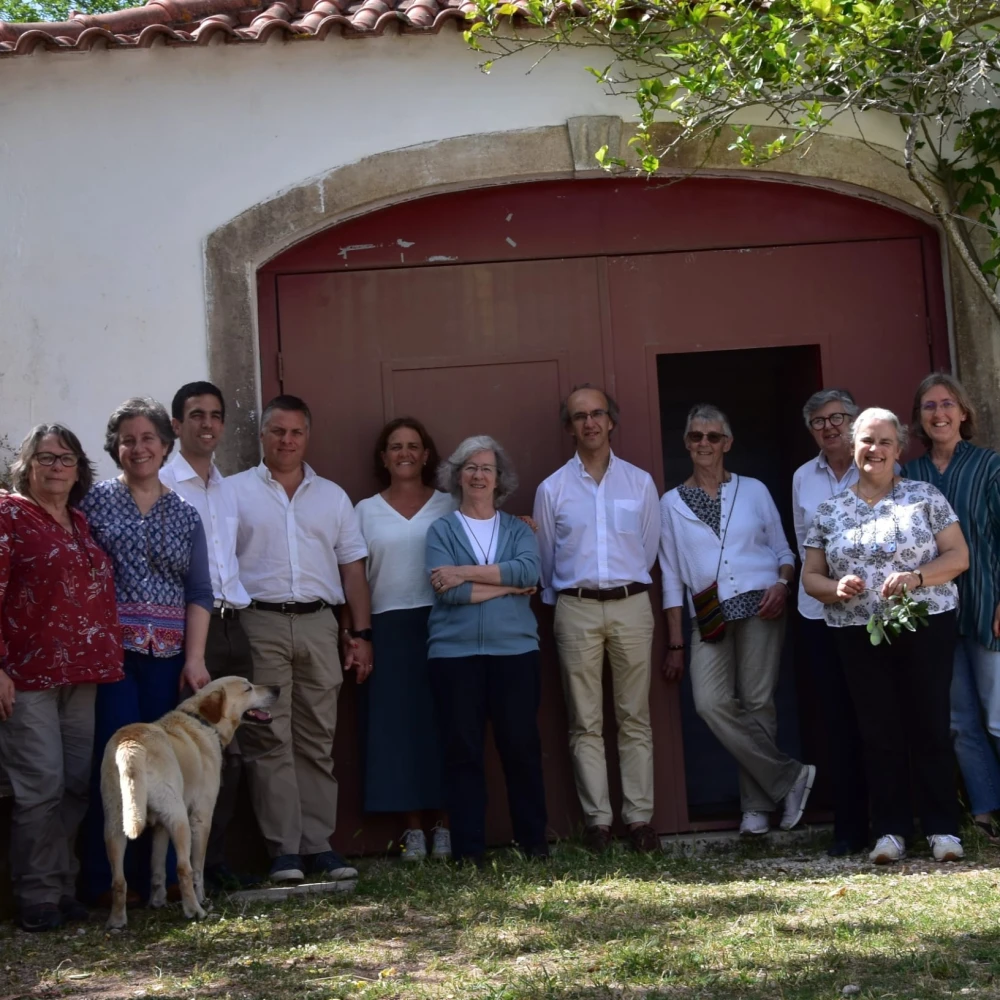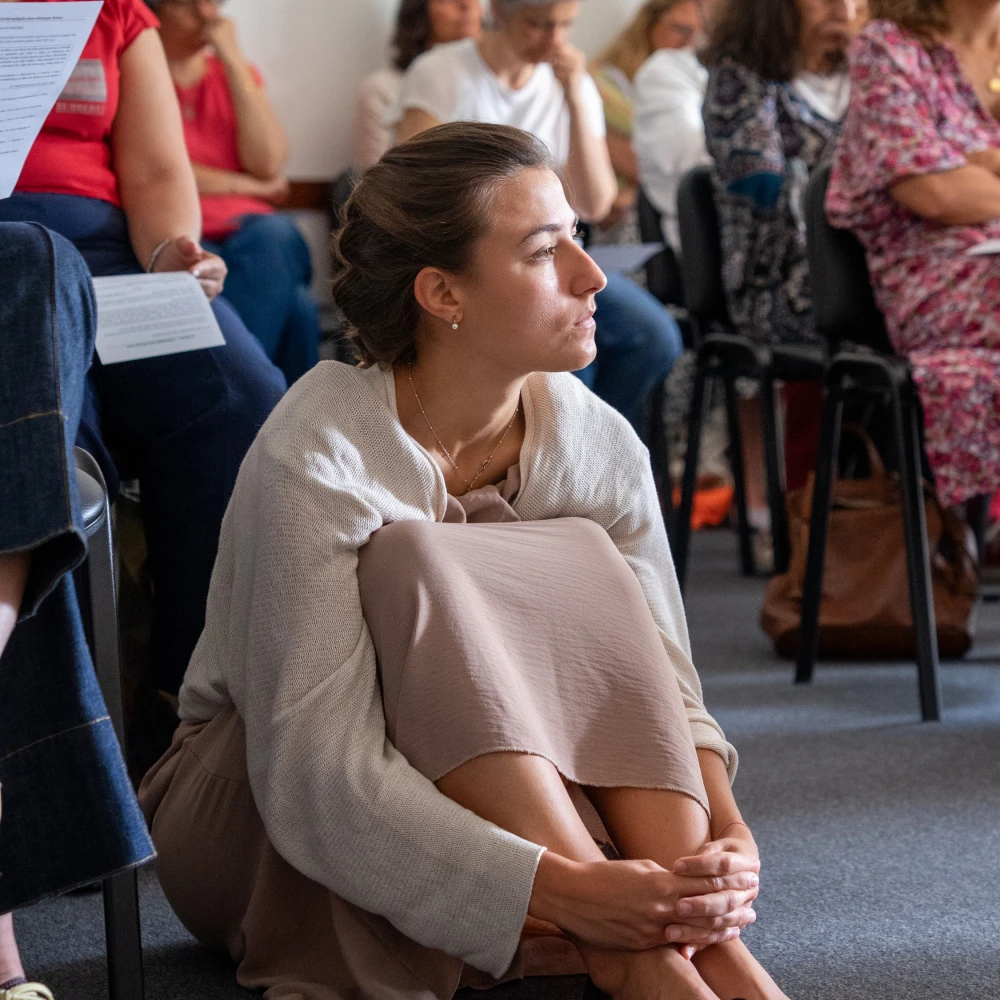The word vocation comes from the Latin verb vocare, which means “to call.” As Christians, and according to the Gospel accounts, the essence of vocation is the encounter with Jesus - an encounter that transforms our lives forever. It is, therefore, a matter of relationship: the one who calls is God, and in the face of this invitation, I am called to give Him a response.
God’s will is not about discovering something that is pre-determined, but rather the fruit of a friendship story gradually built between God and me. Through this relationship, I begin to see more clearly what I truly desire - and in that, I discover God’s will for me.
But the journey of learning to feel and to read what we feel is neither obvious nor immediate. As Fr. Vasco Pinto de Magalhães, SJ, says, we must seek “what I truly want, in the light of the Holy Spirit, after removing the obstacles.” This involves learning to distinguish what I truly desire from what I feel like doing - that is, discerning what brings me closer to Jesus. It also means removing the obstacles that prevent me from making a free and grounded decision. It is, therefore, a path of freedom, in which I discover what I am truly called to be. And what I truly am is the deepest expression of God’s will in me.
Discovering God’s will is the result of a friendship story with God - a journey of maturing - through which I come to know Jesus more deeply. To discover and understand our relationship with God, prayer is essential. Through prayer, I begin to notice God’s “touches” and signs: what makes me truly happy, where I feel freer, what attracts or repels me… I learn to read these signs through discernment, an art that is part of the Church’s Tradition. To learn to interpret these signs and walk the path of faith, it is essential to speak with someone more experienced - someone formed in the practice of discernment and able to accompany this process. This is what we call spiritual accompaniment.
Each person is called to walk a path of truth and freedom until they come to feel deeply fulfilled in their humanity. Above all, we are called to a dignified human life. As Christians, we are called to live like Christ, with our baptismal vocation at the center - being priests, prophets, and kings.
There are as many vocations as there are people, but within the Church, they are usually grouped into different types: the sacrament of marriage, lay life, the sacrament of holy orders and consecrated life. Some vocations belong to more than one category (such as a religious priest or a consecrated laywoman). No type of vocation is better or more important than another. All vocations are good and necessary. What truly matters is that each person discovers, with honesty, which vocation allows them to follow Jesus more closely and to serve the Church with their life.
Yes, we all have a vocation! But often, this question only starts to trouble us when we feel or think that our vocation might be to the priesthood or consecrated life. Perhaps this happens because there’s still the idea that these are “special” vocations - less common, or involving a “greater commitment”...
If you feel that discovering your vocation stirs restlessness, curiosity, or simply a desire to know what God is calling you to, then take this question seriously. In your relationship with God, you will discover who you truly are - and who you are called to become.
Testimonies

Spiritual accompaniment
We want to discover and embrace God’s will for us and help others do the same. That is why we listen attentively to what He is telling us.
Spiritual accompaniment offers the opportunity to discern interior movements and concerns with someone more experienced in the “things of God.” This journey helps the person to free themselves from fears and prejudices and to recognize God’s presence in their own life.

